Acadian 1755 expulsion Diaspora Serves as a parable tale to Illuminate the endless Tragedy of War
Claude Edwin Theriault's Three Volume Acadian 1755 diaspora Tale Serves as a Parable Tale to Illuminate the Timeless Human Refugee Tragedy of War
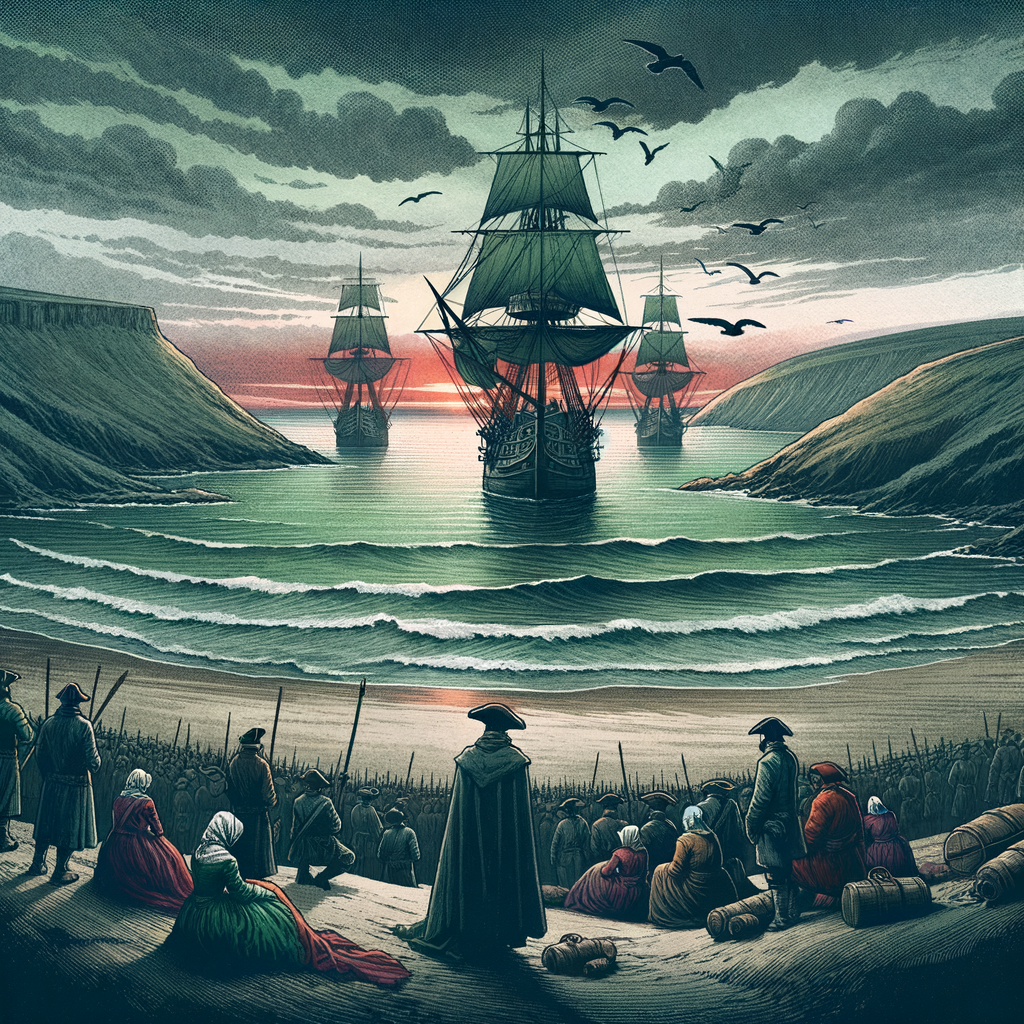
From History to Pixar: How Claude Edwin Theriault's Acadian Tale Serves as a Parable Tale to Illuminate the Timeless Tragedy of War and the Displaced
In an era where global conflicts continue to displace millions, a poignant children's book series stands out as a timeless reminder of war's brutal impact on families and children. "Cajun Dead et le Walking stick," a three-volume French Acadian diaspora chronicle by author Claude Edwin Theriault, not only brings to life a tragic historical event but also a powerful parable for our times. This article explores how Theriault's work, available on Amazon, could inspire a compelling Pixar film, shedding light on an often-overlooked chapter of North American history while resonating with contemporary humanitarian crises.
The Acadian Expulsion of 1755, also known as Le Grand Dérangement, is a dark episode in Canadian history. French-speaking Acadians, who had settled in what are now Canada's Maritime provinces, were forcibly removed by the British during the French and Indian War. Families were torn apart, lands confiscated, and a vibrant culture was scattered across the globe. It's a story of resilience, cultural survival, and the indomitable human spirit—themes that Theriault masterfully weaves into his narrative.
Theriault's trilogy follows the journey of two five-year-old Acadian children caught in this maelstrom. Through their eyes, readers witness the upheaval of their peaceful lives, the terror of separation from loved ones, and the arduous journey to find a new home. The author doesn't shy away from these children's harsh realities: hunger, cold, disease, and the constant fear of an uncertain future. Yet, amidst these trials, Theriault also portrays their courage, adaptability, and the small kindnesses of strangers illuminating even the darkest paths.

The potential for a Pixar adaptation is immense. Pixar, known for its emotionally resonant storytelling and universal themes, could bring this historical tragedy to a global audience in a way that transcends age and cultural barriers. Consider the studio's track record: "Up" dealt with loss and grief, "Inside Out" explored the complexity of emotions, and "Coco" celebrated family and cultural heritage.
A film based on "Cajun Dead et le Walking Stick" would fit seamlessly into this canon. Disney studio is too inherent; however, Amazon Prime TV itself would be a great platform for a Shamanic shape-shifting spirit to serve as a protective Totemic Spirit to those caught up in the worst of uprooting of one very identity as a human being in this life.
Version française
Imagine the opening scene: a quaint Acadian village bustling with life, children playing in fields of wildflowers. The animation could capture the vibrant folk art of the Acadians, their music (a precursor to Cajun and zydeco), and the lush landscapes of the Maritimes. Then, with Pixar's knack for emotional contrast, the idyll is shattered by the arrival of British soldiers. Families are separated in heart-wrenching scenes reminiscent of the parting in "Toy Story 3" or the devastating montage in "Up."
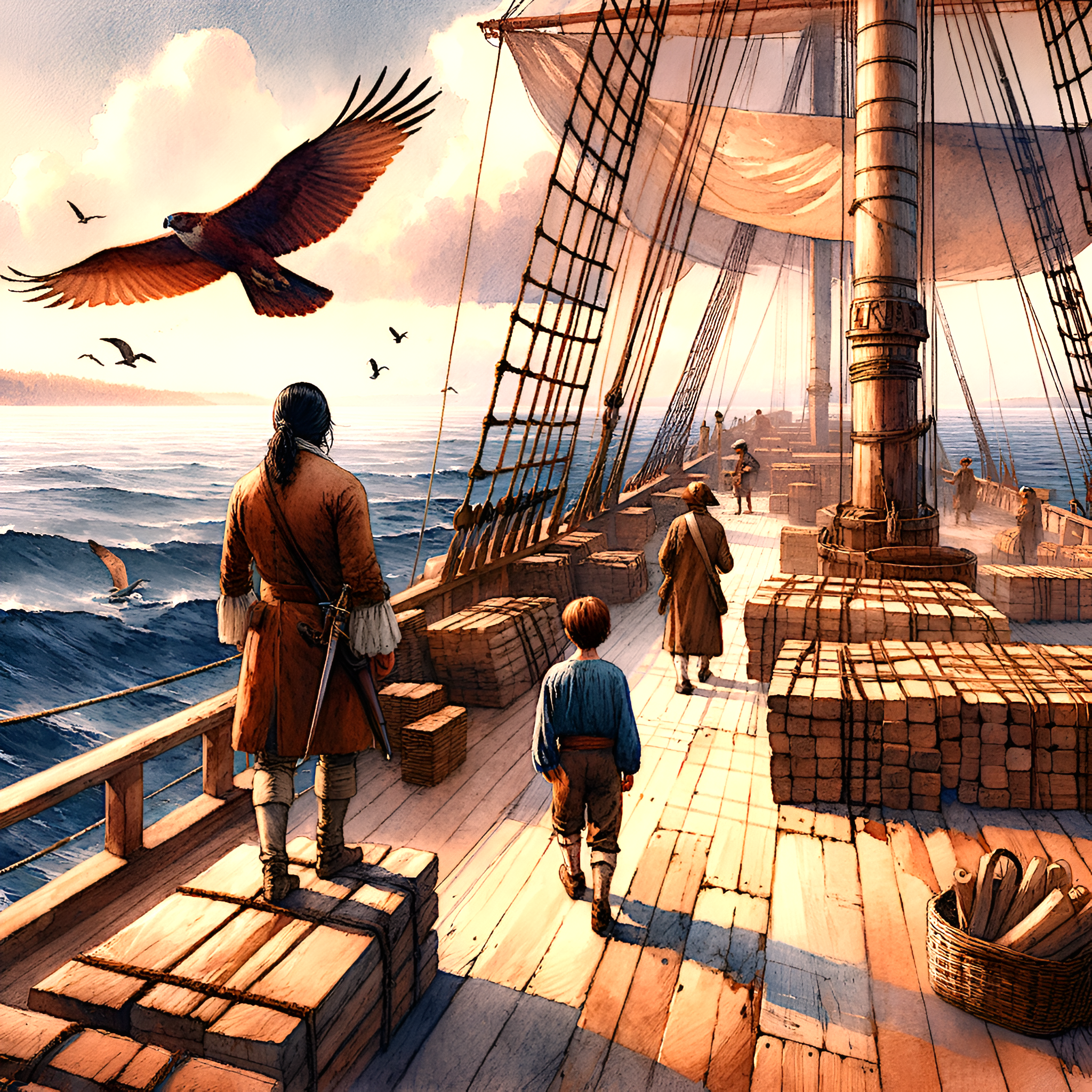
The journey of our young protagonists could echo the perilous adventures in "Finding Nemo" or "The Good Dinosaur." They navigate treacherous forests, brave stormy seas, and confront the hardships of refugee life. Pixar's talent for creating lovable, relatable characters would shine here. Perhaps a protective older sibling, a wise grandparent figure, or even a symbolic object like the "walking stick" of the title—akin to Woody's pull-string or Miguel's guitar—could guide and comfort the children.
But the real power of this story and its potential Pixar adaptation lies in its relevance today. As of my last update in August 2023, the UN Refugee Agency reports that over 100 million people worldwide have been forcibly displaced. Children make up an alarming proportion of this number. They are the unseen victims of conflicts in Syria, Ukraine, Myanmar, and numerous other hotspots. Like the Acadian children of the 1755 expulsion, these young refugees face trauma, loss, and the challenge of preserving their identity in foreign lands.
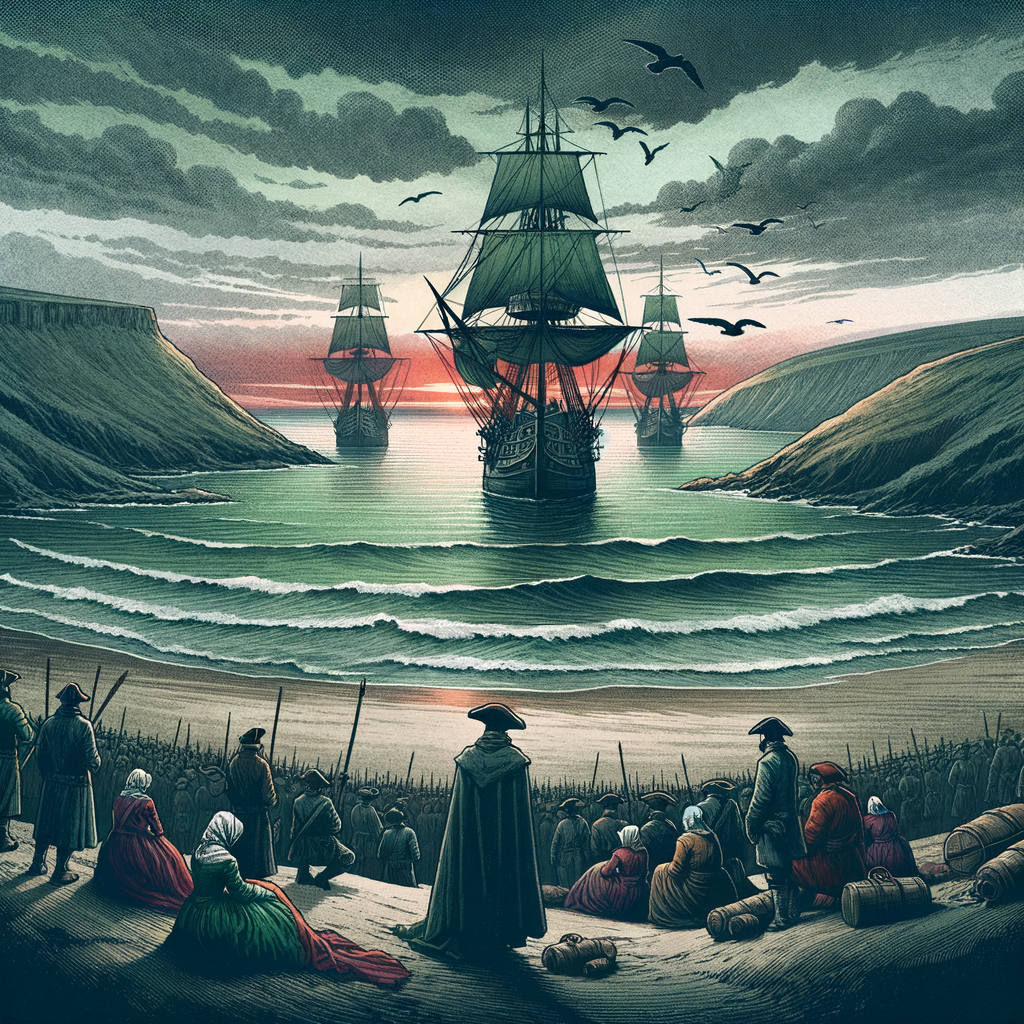
A Pixar film based on Theriault's work could bridge centuries, showing that the plight of the displaced is not confined to history books. It could foster empathy and understanding in young viewers, helping them grasp complex war, migration, and cultural resilience issues. Just as "Coco" inspired interest in Día de los Muertos and Mexican culture, this film could spark curiosity about Acadian history and, by extension, the experiences of modern refugees.
Moreover, the film could spotlight the resilience of the Acadian people. Despite dispersal, they maintained their language, traditions, and communal bonds. Today, vibrant Acadian and Cajun communities in Canada, Louisiana, and beyond are testaments to this endurance. A Pixar film could end on a hopeful note, perhaps with a modern-day scene of a thriving Acadian festival, echoing the joyous finale of "Coco." It would remind viewers that culture and community can flourish even after the darkest chapters.
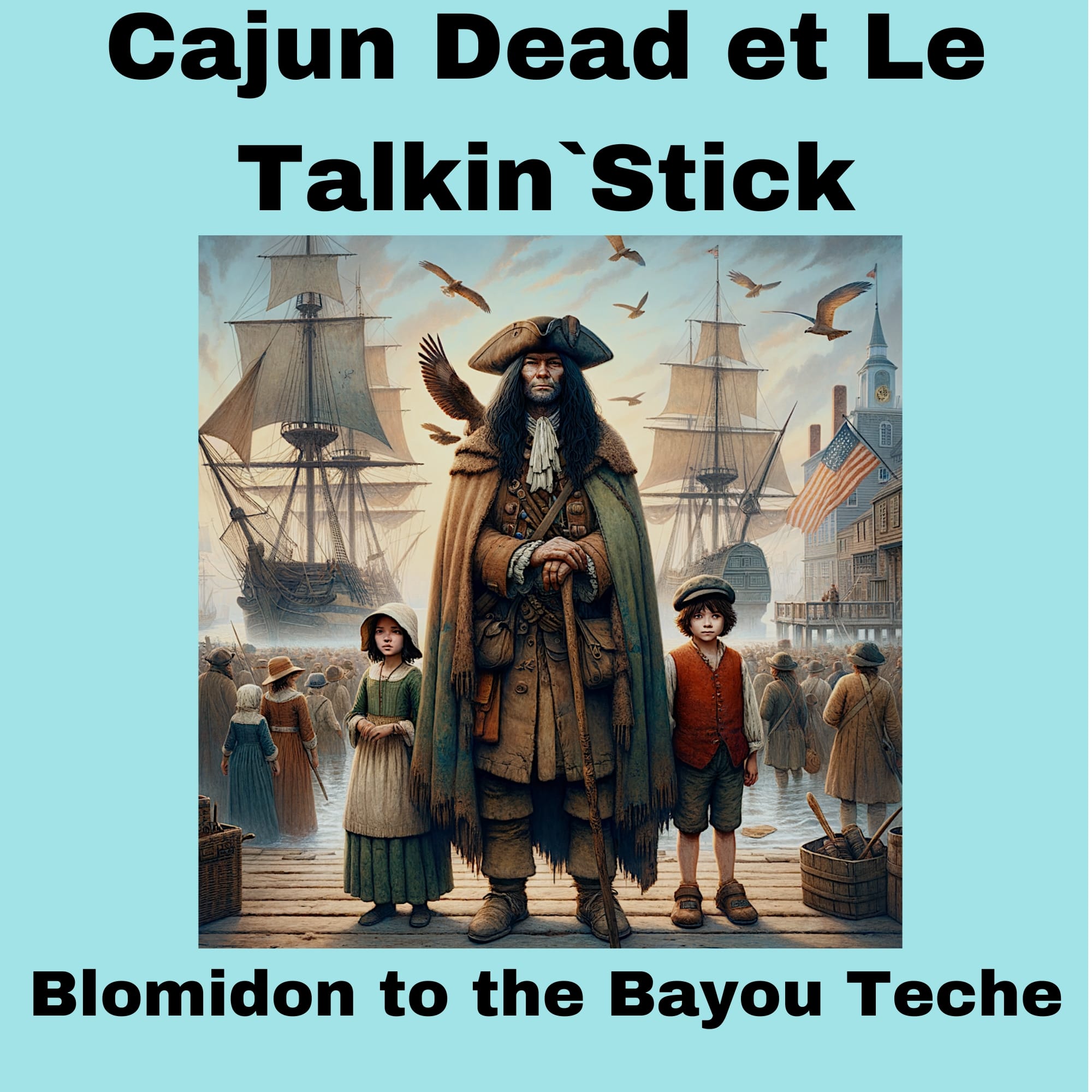
In conclusion, Claude Edwin Theriault's "Cajun Dead et le Walking Stick" is more than a children's book series; it's a universal story of humanity's struggles and triumphs. Theriault creates a parable that transcends its historical context by focusing on children—the most vulnerable yet resilient among us. A Pixar adaptation could amplify this message, using the studio's unparalleled ability to blend humour, heart, and hard truths for children to develop empathy and grasp what others have lived through over the past 400,000 years.
In our world, where news of displaced people often fades into the background noise of daily life, such a film could be a clarion call. It could challenge viewers to see refugees not as statistics but as individuals with stories, hopes, and the right to a future. It could illuminate the Acadian diaspora of 1755 and the ongoing humanitarian crises that demand our attention and compassion.
With its global reach and impact, the movie industry is responsible for telling these stories. Pixar's legacy of films that entertain, educate, and inspire is uniquely positioned to bring Theriault's vision to life. In doing so, they wouldn't just be animating history; they'd be animating our conscience, reminding us that the struggles of the past are often the struggles of the present and that in understanding one, we can better address the other.
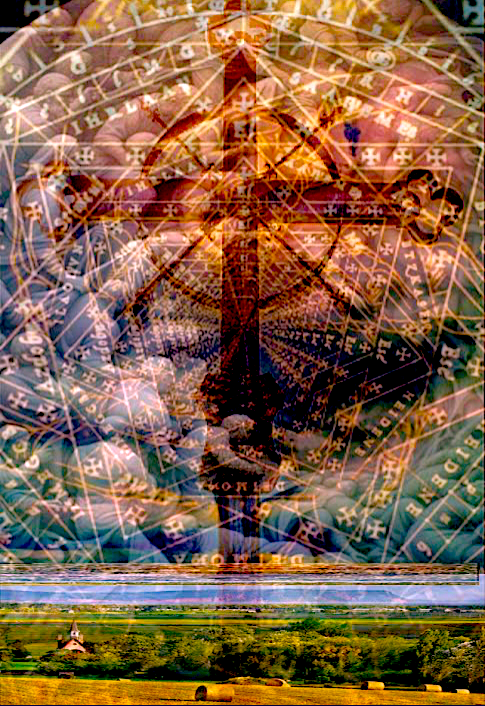
FAQ:
What is the significance of Claude Edwin Theriault's "Acadian 1755 Diaspora" series?
Claude Edwin Theriault's "Acadian 1755 Diaspora" series presents a poignant narrative reflecting the ongoing global humanitarian refugee crisis. The trilogy offers readers an empathetic perspective through children's eyes, paralleling historical events with contemporary issues.
How does the "Acadian 1755 Diaspora" series help in educating children?
The series uses storytelling to help children understand refugees' complex emotions and experiences. It fosters empathy and encourages young readers to relate to real-world humanitarian crises, making it a powerful educational tool for journalists and educators aiming to cultivate empathy.
Why is the "Acadian 1755 Diaspora" tale relevant today?
The tale mirrors the current humanitarian refugee crisis, providing historical context to the millions displaced globally. It highlights resilience and cultural survival themes, offering insights that resonate with today’s conflicts and migrations in Europe and beyond.
How can the "Acadian 1755 Diaspora" series be used in educational settings?
Educators can use the series as a resource to explain historical and modern refugee crises to children. Its engaging narrative offers a unique means to discuss the importance of empathy, cultural identity, and the impact of war on families and communities.
What potential does the "Acadian 1755 Diaspora" series have for adaptation into other media?
With its universal themes and emotional depth, the series is an excellent candidate for adaptation into a compelling film. Its narrative could reach wider audiences through a Pixar-style animation, highlighting the perseverance of the human spirit and cultural heritage while raising awareness of today’s refugee challenges.
Why should journalists and educators be interested in Theriault's work?
Theriault's work provides insightful parallels between historical and current humanitarian issues, making it a valuable resource for journalists dedicated to narrating human stories. For educators, it provides a relatable way to teach empathy and understanding of diverse cultural and historical contexts in a European-focused environment.
How is the "Acadian 1755 Diaspora" series different from other children's books?
Unlike typical children's literature, this series tackles the challenges of displacement and cultural identity through a historical lens. It invites readers to draw connections between past and present humanitarian crises, making it a unique educational tool that serves both informative and empathetic purposes.
